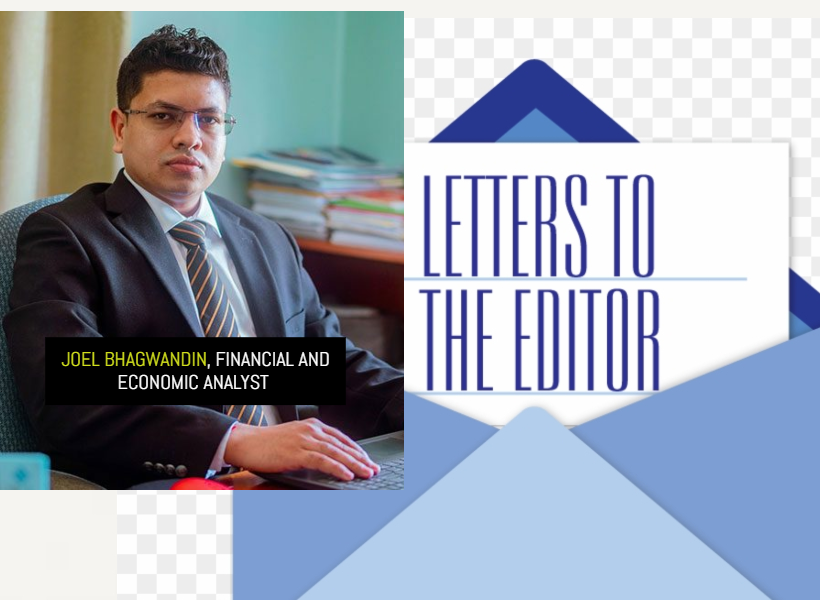Dear Editor,
Reference is made to two letters in the media authored by Opposition Member of Parliament, Jermaine Figureira that appeared in the Kaieteur News edition of April 22, 2023, with the caption “Some worthwhile strategies, if implemented, can prevent Dutch disease”… and in the Stabroek News edition of April 24, 2023, with the caption, “One of our significant challenges has been the ethical and equitable division of wealth”.
Editor, first I would like to commend Jermaine Figueira for these two letters which were clean and academic―and void of the usual politically inspired typological leanings. I would even venture to say that he should consider swapping portfolios with his colleague, Elson Low, who is the Economic Advisor to the Leader of the Opposition.
That said, turning my attention now to the substance of the two letters, both letters sufficiently laid the groundwork to advance much more in-depth discussion and analysis and / or debate in respect of the thematic issues raised therein.
In the first letter, he wrote about the need to pursue economic diversification among other things to mitigate the impact of the dreaded Dutch disease. I concur with all of the initiatives highlighted by the Opposition M.P. It is important to note, however, that all of the initiatives that were referenced by the M.P, are being pursued within the framework of the incumbent Government’s overarching development agenda for the country.
Worthy of note is that a crucial investment to support the economic diversification agenda of the country is the gas-to-energy project which is part of a broader energy strategy for the country aimed at reducing energy cost by 50% and ensuring reliable supply of energy. This major investment is paramount to enable greater competitiveness of industries, especially the manufacturing sector within a global context.
Within the broader overarching framework, the Government is focusing on food security not only locally but regionally. There are notable investments in Agro-processing and in creating new industries in the agricultural sector. The eco-tourism sector is another major focus, complemented by the Education and the private Health sectors where corporate taxes were removed with the view to attracting more private investments in these sectors.
That said, without belaboring all of the many different ways in which the government is pursing the diversification of the economy, the direction in which the country is being positioned in these respects, will inevitably transform the economy from a predominantly primary producing economy to a tertiary sector producing economy. That is to say, transforming Guyana to become a net exporter of tertiary (value-added) goods and services, thereby moving the non-oil export trade balance from a deficit position to a surplus position. These, altogether, cannot be achieved if the infrastructure deficit of the country is not tangibly resolved. And again, the infrastructure gaps of the country are being addressed by virtue of the requisite investments on the part of the Government in an aggressive manner.
Not only the infrastructure gap but every other development constraint―whether it is the human capital deficit, the high energy cost and unreliability of electricity supply, the bureaucracies inhibiting the ease of doing business, the political economy, etc., all are being addressed in the interest of achieving the developmental goals of the country―that in turn would lead to greater prosperity of the nation and the people.
Against this background, I would like to encourage Mr. Figueira to influence his colleagues positively to improve the quality of their debates on these fronts. Also, to support the Government’s development agenda albeit there may often times be divergent views in how to pursue these goals. Notwithstanding, having divergent views does not negate the importance of the Opposition’s role in debating public policy scholastically in the interest of contributing to the policy-decision making process at the national level, and/or presenting compelling alternatives.
Finally, with respect to Figueira’s postulations regarding the second referenced letter, I will address those―as well as extend on the contents of this letter in a comprehensive and in-depth manner in a series of subsequent articles. In so doing, it is the intention of this author to stimulate a different/higher level of quality debate on issues of national importance and public policy across the political spectrum.
Yours sincerely,
Joel Bhagwandin
Public Policy and Financial Analyst













